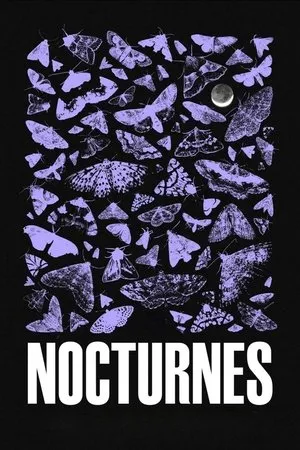In the landscape of cinema, certain films emerge not merely as narratives but as poignant reflections of history, culture, and the indomitable human spirit. “Emilia,” a 2017 film set in Soviet Lithuania in 1972, stands as a powerful testament to the courage of individuals who dared to challenge oppressive regimes through the transformative power of art. The film intricately weaves together themes of political repression, artistic expression, and personal sacrifice, offering viewers a glimpse into a world where truth was a dangerous commodity and creativity a form of resistance. The story of “Emilia” unfolds against the backdrop of Soviet Lithuania, a region grappling with the suffocating grip of Soviet control. In this environment, where freedom of expression was stifled and dissent met with swift and severe consequences, a young theatre actress named Emilia emerges as a beacon of hope. Driven by a deep sense of justice and a desire to shed light on the forbidden stories of repression, Emilia embarks on a daring mission to stage a play that exposes the harsh realities of life under Soviet rule. As Emilia delves deeper into her project, she encounters resistance from all sides. Government censors seek to suppress her artistic endeavors, while those closest to her fear the repercussions of her actions. Despite the risks, Emilia remains steadfast in her commitment to her cause, drawing strength from her unwavering belief in the power of art to effect change. Through her play, Emilia seeks to give voice to the voiceless, to honor the memories of those who have suffered in silence, and to inspire others to stand up against injustice. The film masterfully captures the tension and paranoia that permeated Soviet society, where every word and action was scrutinized for signs of dissent. The atmosphere is thick with suspicion, as characters navigate a treacherous landscape of informants, secret police, and political intrigue. Yet, amidst the darkness, glimmers of hope emerge in the form of solidarity, friendship, and the unwavering human spirit. “Emilia” is not merely a political drama; it is also a deeply personal story about the sacrifices individuals make in the pursuit of truth and justice. Emilia’s journey is one of self-discovery, as she confronts her own fears and vulnerabilities while grappling with the weight of her responsibilities. She is forced to make difficult choices that test her moral compass and challenge her understanding of the world. The film explores the complexities of human relationships in times of crisis, as Emilia relies on her friends, family, and fellow artists for support and encouragement. Together, they form a network of resistance, using their talents and resources to challenge the oppressive regime. “Emilia” is a visually stunning film that captures the beauty and starkness of the Lithuanian landscape. The cinematography is evocative, creating a sense of atmosphere and place that immerses viewers in the world of the film. The costumes and set design are meticulously crafted, reflecting the historical period and adding depth to the narrative. The film’s soundtrack is haunting and evocative, underscoring the emotional weight of the story. The performances in “Emilia” are uniformly excellent, with the cast delivering nuanced and compelling portrayals of their characters. The actress who plays Emilia brings a fierce determination and vulnerability to the role, capturing the character’s inner strength and emotional turmoil. The supporting cast is equally impressive, with each actor bringing depth and complexity to their respective roles. “Emilia” is a film that stays with you long after the credits have rolled. It is a powerful reminder of the importance of freedom of expression, the courage of those who dare to speak truth to power, and the enduring power of art to inspire change. The film is a valuable contribution to the cinematic landscape, offering a unique perspective on a pivotal moment in history. It is a must-see for anyone interested in political drama, historical films, or stories about the human spirit. In conclusion, “Emilia” is a cinematic masterpiece that deserves to be seen and appreciated. It is a film that challenges, inspires, and reminds us of the importance of standing up for what we believe in, even in the face of adversity. The film’s themes of political repression, artistic expression, and personal sacrifice resonate deeply, making it a timeless and relevant work of art. “Emilia” is a testament to the power of cinema to illuminate the human condition and to inspire us to strive for a better world. More information can be found on Welovecinema.top.

Emilia (2017)
Set in Soviet Lithuania in 1972, "Emilia" follows a determined young theatre actress who seeks to challenge the status quo. She embarks on a daring mission to expose the hidden truths of repression through the medium of a play. Her courageous endeavor puts her on a collision course with the authorities as she fights to bring a forbidden story to light.











